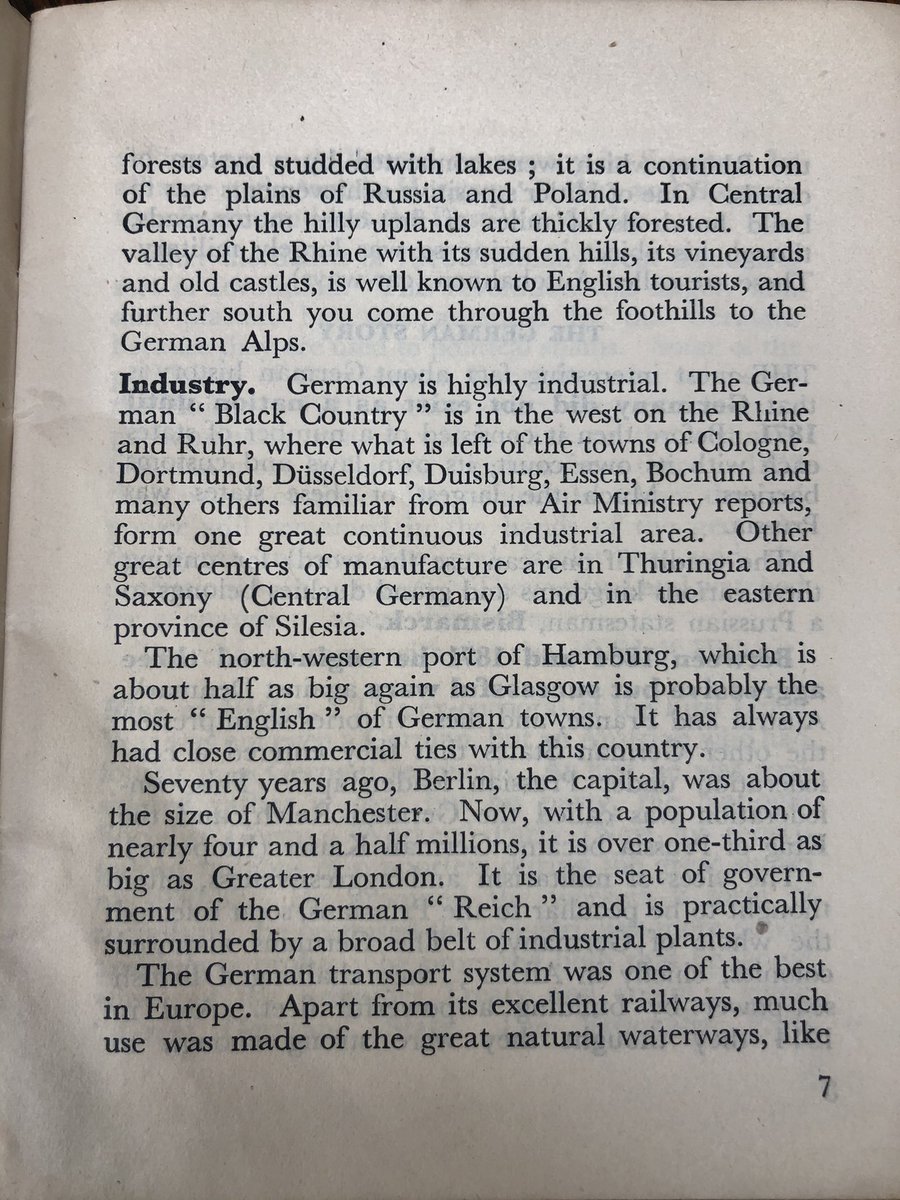
This is the 38th instalment of #deanehistory.
The siege of Malta had many heroes. The island was awarded a collective George Cross by George VI for its courageous resistance. Today (hat tip @FredBarboo), the story of one of those heroes: George Beurling, the Falcon of Malta.
The siege of Malta had many heroes. The island was awarded a collective George Cross by George VI for its courageous resistance. Today (hat tip @FredBarboo), the story of one of those heroes: George Beurling, the Falcon of Malta.
Though he had plenty of flying hours when war was declared & had passed commercial pilot exams, the air force of his native Canada required academic qualifications he lacked, so the determined Beurling took the hazardous sea journey to the UK to join the RAF.
His trainer paid tribute to Buerling’s skills as a pilot, and the fact that he was a great shot. Importantly for our purposes, he was also brave as hell.
Soon he was flying Supermarine Spitfires escorting bombers and flying fighter missions. He claimed his first kill over the Channel. But he was not to remain on British duties for long. Volunteering without knowing where he was going, he was soon posted to Malta.
Three days after he arrived on the island, Buerling and his comrades were in action against Messerschmitts and he chalked up his first Maltese score, a “damaged” rather than a “kill” (witnesses were required for accreditation of these things and he didn’t have them for this one.)
Thereafter, the Buerling spree got going in earnest. Mostly in combat against Italian fighters, he notched up five kills in four days. A further two a couple of days later. Buerling’s fame began to spread.
Inevitably, it wasn’t all one way: significantly shot up on several occasions, we can add luck to his attributes as he emerged unscathed each time.
He got partial credit on an Italian bomber, & received the Distinguished Flying Medal. Then on 27 July 1942, he shot down 2 Italian Macchis & 2 Messerschmitts. 1 of each flown by the man reckoned amongst the best of the Italian & German pilots respectively. Bar added to his DFM.
A bout of dysentery had him bedbound for some time, & soon after he returned to active duty he was shot down, crashlanding on the island with nothing but a small cut on his arm to show for it. He merrily hitchhiked back to base. This was 1 of 4 times he was shot down over Malta.
Several more kills later, he received the Distinguished Flying Cross.
Why was he so good? Fast reflexes, certainly. Strong nerves, definitely– he made a habit of engaging at very close quarters, which most other pilots would avoid, contributing to his high skill count.
Why was he so good? Fast reflexes, certainly. Strong nerves, definitely– he made a habit of engaging at very close quarters, which most other pilots would avoid, contributing to his high skill count.
But also he had great dedication. He thought non stop about his craft, seeking and yearning to improve at every turn. He didn’t engage in the off duty high jinks with which so many pilots infamously relieved the huge stress of fighter combat.
Whatever factors we might credit for his success, his 27 kills made him the most successful defender of Malta in a conflict that was decided in the air. He received the Distinguished Service Order.
The 4th and last time he was shot down in the course of the Maltese defence, he bailed out over the sea and had injuries to his torso, his foot and his arm. Sent back to the UK to convalesce, the aeroplane he was aboard crashlanded; Buerling was one of the few survivors.
War is a horrible business. We remember that each of these boasted “kills” had other people on the receiving end. No man is an island, and so on. But we also remember that, but for men like Buerling, Malta would have fallen to the control of evil fascists.
After Malta, Buerling’s fame was deployed by his superiors; he was tasked with promoting the sale of War Bonds. This didn’t last long.
Though in some ways a poster boy for the armed forces, a teetotaler entirely focused on his work, he was given to excessively blunt remarks, telling his audiences how much he enjoyed killing people. So he returned to squadron duties – but training others, not fighting, now.
Away from the frontline, Buerling’s thirst for adrenaline-pumping moments had less productive outcomes. Stunts and tricks in the air became his passion and he was much criticised. He was moved around a great deal.
Reading between the lines, those commanding him didn’t quite know what to do with this hero. Others would have been “canned” for the insubordination he showed; Buerling, they just kept moving.
A short stint back on frontline duties saw his final kill, before his discharge in 1944. He tried & failed to join the US Air Force. Forever keen to return to the thick of things, he joined the Israeli Air Force when the war ended – but he was not destined to fight for them.
After a test flight, Buerling crashed his plane in Rome when coming in to land – less than a week after Israel had declared its independence. His luck had finally run out: his tenth crash was his last.
He is buried in Israel, a proud and independent-minded country that chose well when taking on this stubborn warrior spurned by the others he had served. His story did not get the final glory he would have wanted. But he will always be remembered as the Falcon of Malta.
• • •
Missing some Tweet in this thread? You can try to
force a refresh














